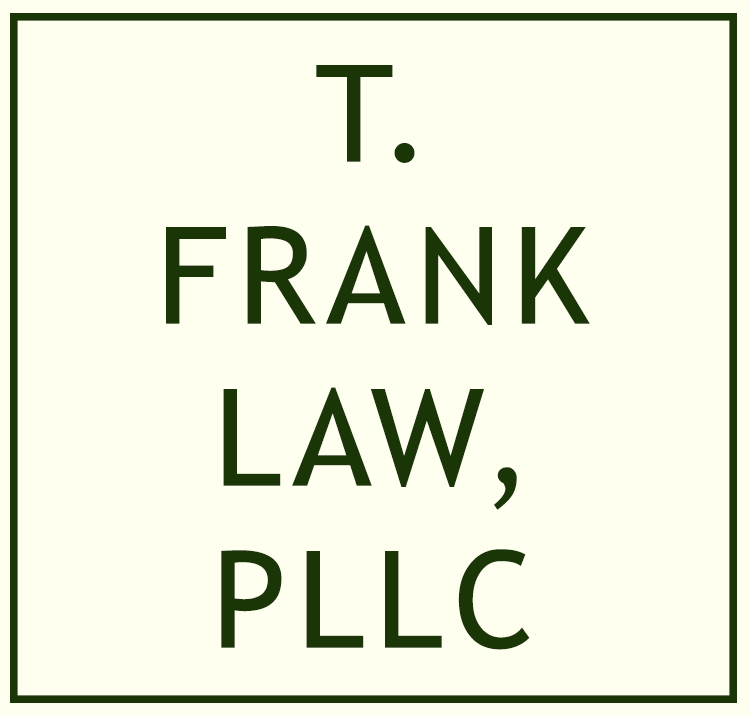Estate Planning for Young Families
A significant portion of my office’s client base are young families in the Greater Boston area. I often meet with young couples who are expecting a child, or have just purchased a home, or have lost a loved one and been through the probate process themselves. Folks who’ve been through the probate process understand the time and expense involved in probating a will and administering an estate, and this is often done during an emotionally difficult time.
While many young people in the area call my office and ask about estate planning, many, even those who are financially literate, are not familiar with the legal terms we use, or the planning tools at our disposal. In this blog post, I’ll outline common words used in estate planning, as well as two popular estate planning methods for young couples.
Probate Court – The Probate and Family Courts in Massachusetts serve each county. Probate matters include jurisdiction over wills, estates, conservatorships and guardianships.
Trusts – Trusts are instruments used to hold property, and the terms of the trust state how the property will be managed and distributed. Additional provisions in a trust can be useful for reducing or eliminating estate taxes; providing asset protection benefits; providing for greater control of how assets will be managed and distributed; and basis planning to reduce capital gains tax, to name some typical benefits.
Generally, there are two types of trusts – revocable and irrevocable. Because flexibility is key for estate planning for young families, I’ll limit this blog post to the revocable trust, also called the living trust, or revocable living trust.
Settlor – Establishes the trust. May also be called the grantor or trustor.
Trustee – Holds legal title to the assets in the trust and manages them for the benefit of the beneficiaries.
Beneficiaries – The person or persons for whom the trust is created. The trustee has a legal duty to manage the assets in the best interest of the beneficiaries.
Depending on a couple’s assets and how those assets are owned, couples may choose a joint trust, or each person might have their own trust.
For purposes of this illustration, let’s say a young married couple has the following asset profile:
Party #1 Party #2
$100,000 equity in primary residence $100,000 equity in primary residence
$50,000 savings and/or securities $20,000 savings and checking accounts
$250,000 retirements accounts $40,000 retirements accounts
$1,000,000 term life insurance policy $1,000,000 term life insurance policy
Each of these party’s taxable estate is over the $1,000,000 Massachusetts estate tax exemption. If Party #1 were to pass away today, and the full value of Party #1’s estate passes to Party #2, and then Party #2 passes away, Party #2’s estate would owe about $143,600 in estate taxes, thus only taking advantage of one party's $1,000,000 MA estate tax exemption.
Let’s say Party #1 and Party #2 have two minor children together.
Their goals include: designating a trusted person or persons to care for their children and to manage their assets for their children’s benefit; delaying distributions to their children because allowing their children to potentially inherit significant assets at 18 years old might not be good planning; reducing estate taxes; and protecting assets, while passing everything to the surviving spouse and maintaining flexibility.
Here are two common estate planning methods for young families:
Disclaimer Trust: The surviving spouse controls everything and has nine months at first death to effectuate a tax plan, including the option to disclaim the decedent’s trust property into an exemption or marital deduction trust for tax planning and creditor shelter purposes.
Pros: Maximum flexibility. Survivor has opportunity to effectuate tax plan and decide if creditor protection or Medicaid planning is needed.
Cons: Survivor controls everything and might not exercise disclaimer. Survivor can appoint assets to a new future spouse or children.
Exemption Trust with Marital Deduction Trust: An exemption trust is created at the first death, doubling the Massachusetts Estate Tax Exemption and establishing creditor protection and Medicaid planning at first death. The remaining assets are left within the marital deduction trust, allowing for a step-up in basis to reduce potential capital gains tax.
Pros: Protects the deceased spouse’s beneficiaries; step-up in basis on the assets in the irrevocable trust at the survivor’s death; provides protection from creditors/MassHealth.
Cons: Requires the creation of irrevocable trusts with administrative burdens.
As you can see, the Exemption Trust with Marital Deduction Trust is a more robust plan. It provides for greater protection and also allows the deceased spouse to “reach beyond the grave” to ensure remaining assets in the irrevocable trust pass to the intended beneficiaries, the children. Thus, this plan provides greater protection and control but also comes with the administrative burdens of administering irrevocable trusts.
Many young families prefer the flexibility afforded by the Disclaimer Trust, but it’s not always appropriate and ultimately depends on the relevant circumstances and goals of the parties.
To learn more, or to request a consultation email me today at tim@tfranklaw.com, or schedule a consultation at my booking page https://outlook.office365.com/owa/calendar/TFRANKLAWPLLC@tfranklaw.com/bookings/
